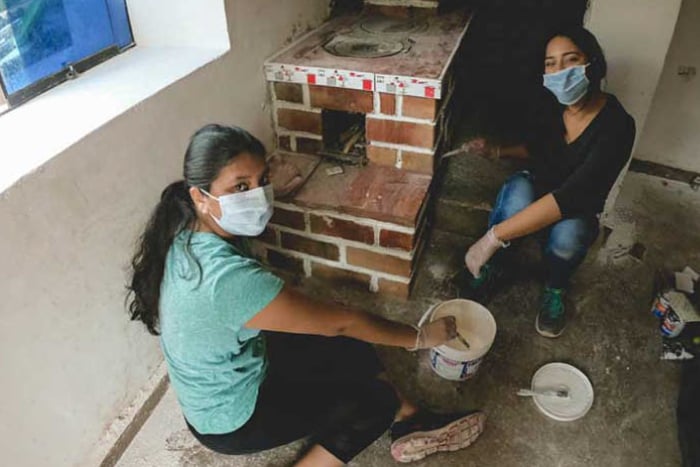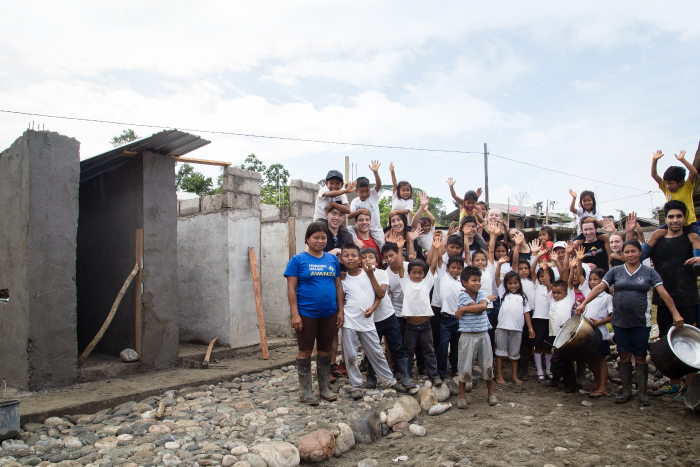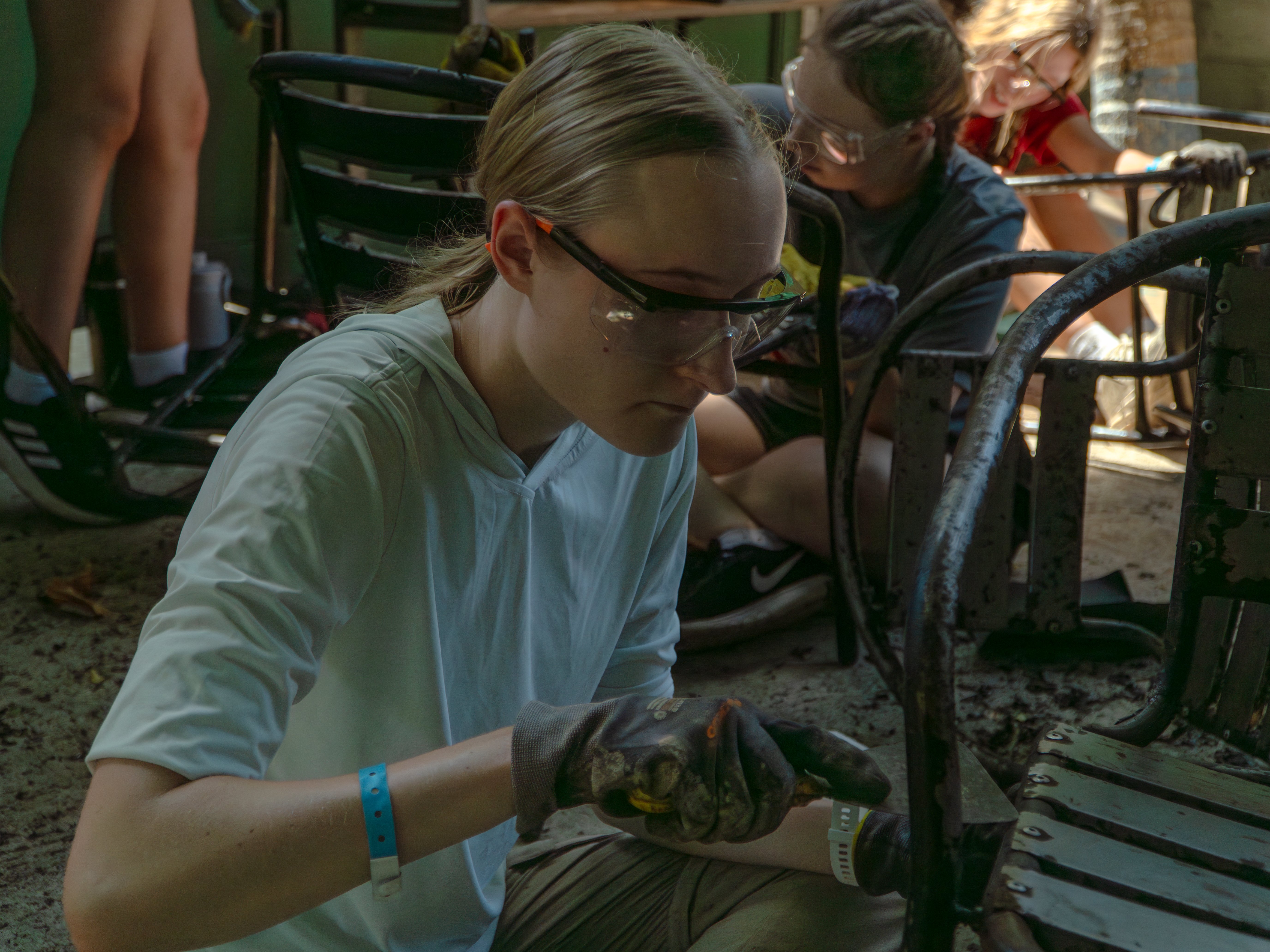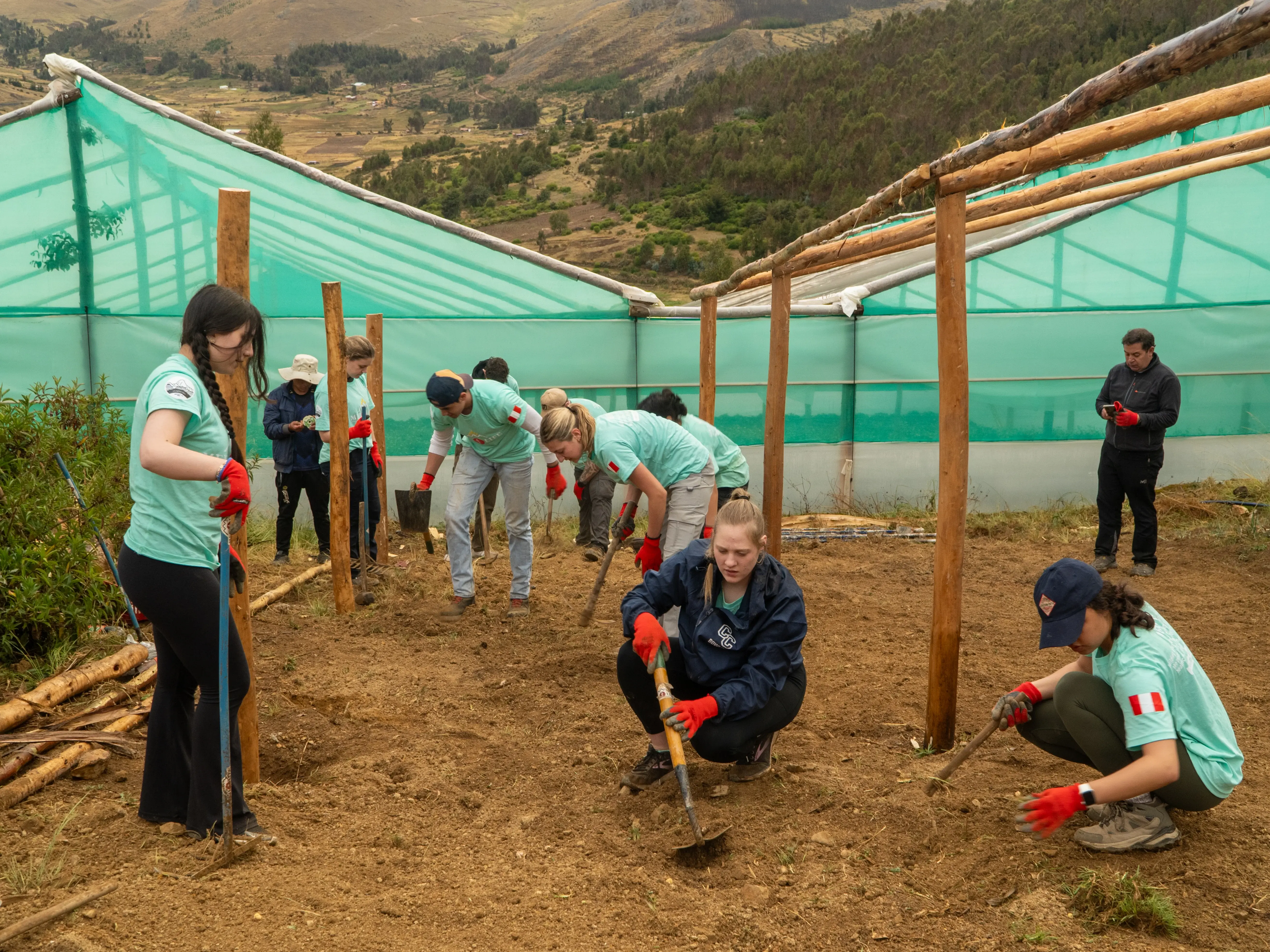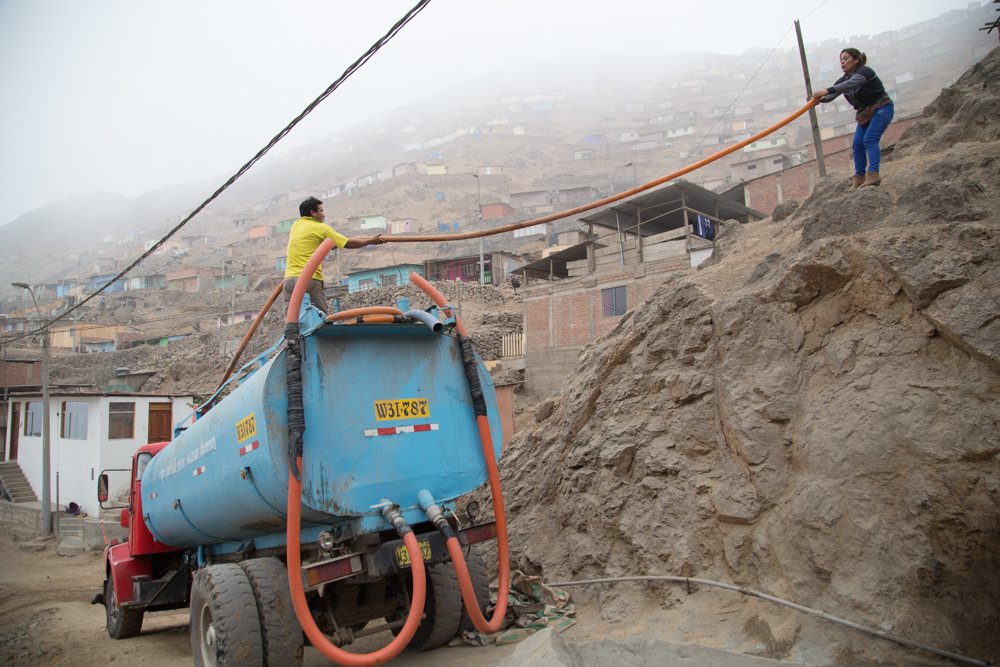SAFE HOMES MOVEMENT
Because Access to a Safe Home Is A Human Right
Safe Homes Movement is dedicated to enhancing the quality of life through engineering volunteer opportunities and sustainable community development projects.
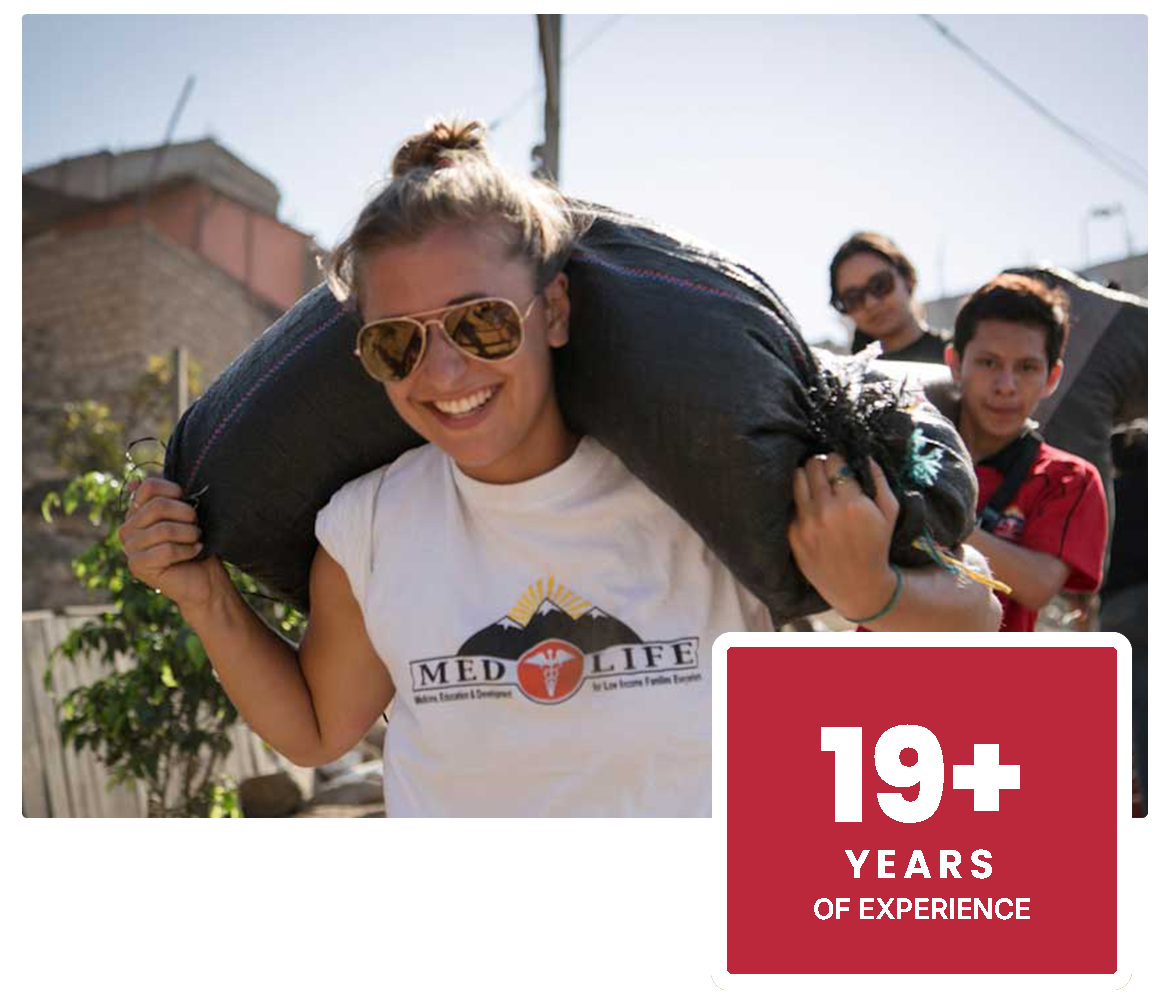
WHO WE ARE
The Heart of Our Movement: Building Foundations for a Better Tomorrow
As a division of MEDLIFE, Safe Homes Movement is committed to enhancing the quality of life for families in Peru and Ecuador. In these regions, the absence of essential infrastructure places entire communities at risk. We focus on building staircases, creating parks, and renovating homes to make daily life safer and more dignified for everyone. Because we believe that access to a safe home is not a privilege—it’s a human right.
More Than a Construction Volunteering
The Development Service Learning Trip provides hands-on engineering volunteer opportunities in Peru and Ecuador for design, engineering, and architecture students or graduates. Participants collaborate with local professionals to design and execute key community projects like staircases. Remaining plans are later implemented by MEDLIFE Classic Service Learning Trips, ensuring lasting, quality impact. Together, we’re empowering communities to break the cycle of poverty.
WHY JOIN US
The Safe Homes Movement Difference
Providing Quality, Long-Term Solutions
When MEDLIFE encounters a development or urban planning issue, we find a solution and we do it right. We ensure that our work is high-quality and up to industry standards so that the issue is resolved for a long time to come.
OUR WORK IN FOCUS
Photos From The Field












ENGINEERING VOLUNTEER OPPORTUNITIES
Our Community Development Projects
At Safe Homes Movement, we believe in creating sustainable changes that offer more than just immediate relief. Our projects are designed to meet the long-term needs of the communities we serve, fostering safety, unity, and opportunity.
OUR DESTINATIONS
Building a Brighter Future Together
Our development projects are focused in two incredibly diverse and beautiful countries, Peru and Ecuador. While the landscapes and cultures are breathtaking, many communities in these regions face daily challenges due to the lack of basic infrastructure.
Volunteer in Lima, Peru
Lima faces challenges in unequal distribution of essential services and infrastructure. Projects in Lima focus on enhancing urban infrastructure and incorporating sustainable, ecological initiatives to better serve marginalized communities.
Project Types: Infrastructure repair, staircases, roads, parks, home and school renovations.
Volunteer in Cusco, Peru
As a historical city situated in the Andes, Cusco faces unique challenges due to its hilly terrain and aging infrastructure. Projects often include building corn dryers and fuel-efficient stoves to improve living conditions, while also focusing on sustainable development.
Project Types: Infrastructure repair, home and school renovations, ecological initiatives.
Volunteer in Tena, Ecuador
Tena has unique ecological concerns along with educational shortcomings. Projects include school infrastructure improvements and ecological initiatives aimed at balancing community development with environmental sustainability.
Project Types: Infrastructure repair, home and school renovations, ecological initiatives, higiene projects
CONTACT US
Ready to make a difference?
Get in touch with us to learn how you can be a part of the Safe Homes Service Learning Trips to Peru & Ecuador.
Office Hours: 9 AM - 5 PM CST | Call: 1-844-633-5433
LATEST BLOG
Updates from the Field
Dive into our collection of blog posts to discover the transformative impact of our projects and the inspiring stories of communities we’ve served.
Why Volunteering Abroad with Safe Homes is the Perfect Opportunity for a Gap Year
Taking a gap year is an exciting way to get out of your comfort zone and explore the world, learn...
Why Safe Homes Does Environmental Projects in Underserved Communities
At Safe Homes Movement, environmental projects play a crucial role in our work to create...
Addressing Sanitation Challenges in Lima: The Eco-Bathroom Solution
Lima, the capital of Peru, is currently facing severe sanitation challenges that significantly...


.jpg)
